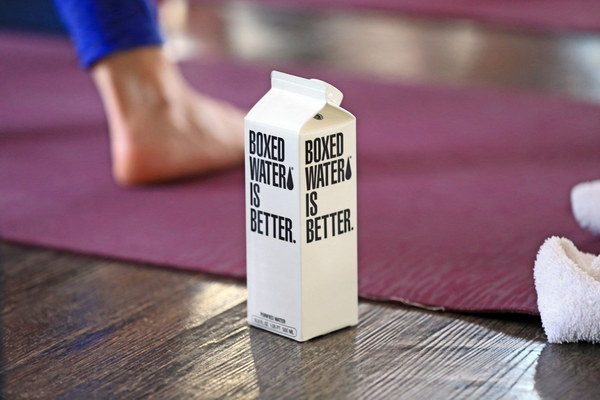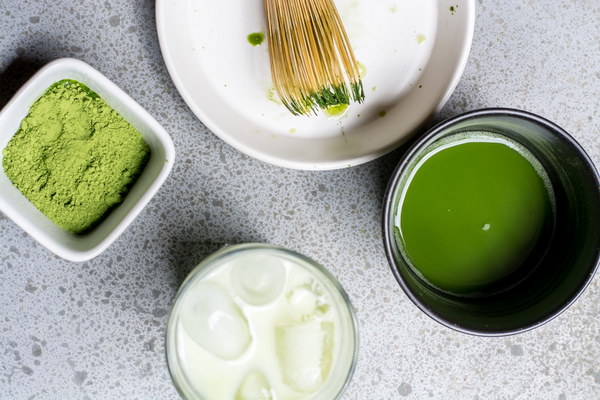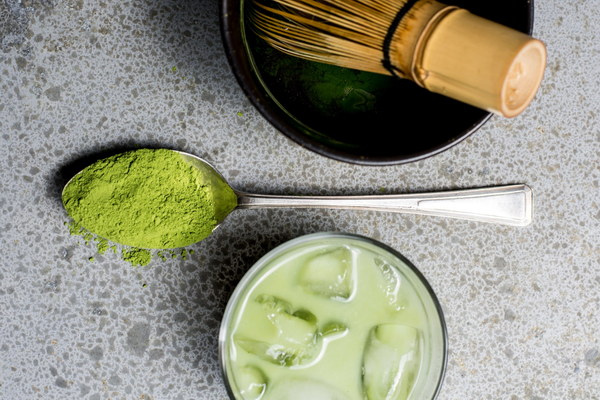Expert-Approved Skincare Routine for Acne-Prone Skin Your Guide to Clear Complexion
Expert-Approved Skincare Routine for Acne-Prone Skin: Your Guide to Clear Complexion
If you're tired of dealing with the frustration of acne, you're not alone. Acne affects millions of people worldwide, and finding the right skincare routine can seem like a daunting task. However, with the help of dermatologists and skincare experts, we've compiled a comprehensive guide to help you achieve a clear and radiant complexion. Here's what you need to know about the professional skincare routine for acne-prone skin.
Understanding Acne-Prone Skin
Acne is a common skin condition characterized by clogged pores, blackheads, whiteheads, papules, pustules, and in severe cases, nodules and cysts. It often occurs during puberty due to hormonal changes, but it can also affect adults. Acne-prone skin tends to be oilier, which can lead to an increased risk of breakouts.
Step 1: Cleansing
The first step in any skincare routine is cleansing. It's essential to remove excess oil, dirt, and impurities that can clog pores and lead to breakouts. Here are some expert-recommended cleansers:
- Cetaphil Gentle Skin Cleanser: This gentle, non-comedogenic cleanser is suitable for all skin types, including acne-prone skin. It contains moisturizers to help maintain the skin's natural barrier.
- La Roche-Posay Effaclar Purifying Foaming Gel: Formulated with salicylic acid, this cleanser helps to unclog pores and reduce acne.
Step 2: Exfoliation
Exfoliation helps to remove dead skin cells that can lead to clogged pores and acne. However, it's crucial to use a gentle exfoliant to avoid irritating your skin further. Here are a few options:
- The Ordinary Natural Moisturizing Factors + HA: This multitasking product combines exfoliation with hydration, making it ideal for acne-prone skin.
- Differin Gel: Available over-the-counter, this exfoliating gel contains 0.1% adapalene, a derivative of vitamin A that helps to unclog pores and reduce acne.
Step 3: Treatment
Once your skin is clean and exfoliated, it's time to address the acne itself. Here are some expert-recommended treatments:
- Benzoyl Peroxide: This over-the-counter ingredient is effective at killing the bacteria that cause acne. Look for a concentration of 2.5% to 5% for best results.
- Clindamycin or Tretinoin: These prescription medications are often recommended by dermatologists. Clindamycin is an antibiotic that helps to reduce the number of acne-causing bacteria, while Tretinoin is a retinoid that helps to unclog pores and reduce inflammation.
Step 4: Moisturizing
Contrary to popular belief, moisturizing is essential for acne-prone skin. It helps to maintain the skin's natural barrier and prevent dryness, which can exacerbate acne. Here are some moisturizers suitable for acne-prone skin:
- Cetaphil Dermacontrol Oil Control Moisturizer: This lightweight moisturizer helps to control oil production without clogging pores.
- Neutrogena Hydro Boost Water Gel: This hydrating gel is perfect for oily or combination skin types.
Step 5: Sun Protection
Sun protection is crucial for all skin types, but it's especially important for acne-prone skin. UV rays can worsen acne and increase the risk of hyperpigmentation and scarring. Look for a broad-spectrum sunscreen with an SPF of 30 or higher, such as:
- EltaMD UV Clear Broad-Spectrum SPF 46: This oil-free, non-comedogenic sunscreen is formulated with niacinamide to help calm and soothe acne-prone skin.
Final Tips

- Consistency is Key: Use your skincare products consistently for at least four to six weeks to see results.
- Avoid Picking: Picking at acne can lead to infection and scarring.
- Seek Professional Help: If your acne persists or worsens, consult a dermatologist for a customized treatment plan.
By following this expert-approved skincare routine, you'll be well on your way to achieving a clear and radiant complexion. Remember, it's important to tailor your routine to your specific skin type and concerns, and to consult with a dermatologist if you have any questions or concerns.









